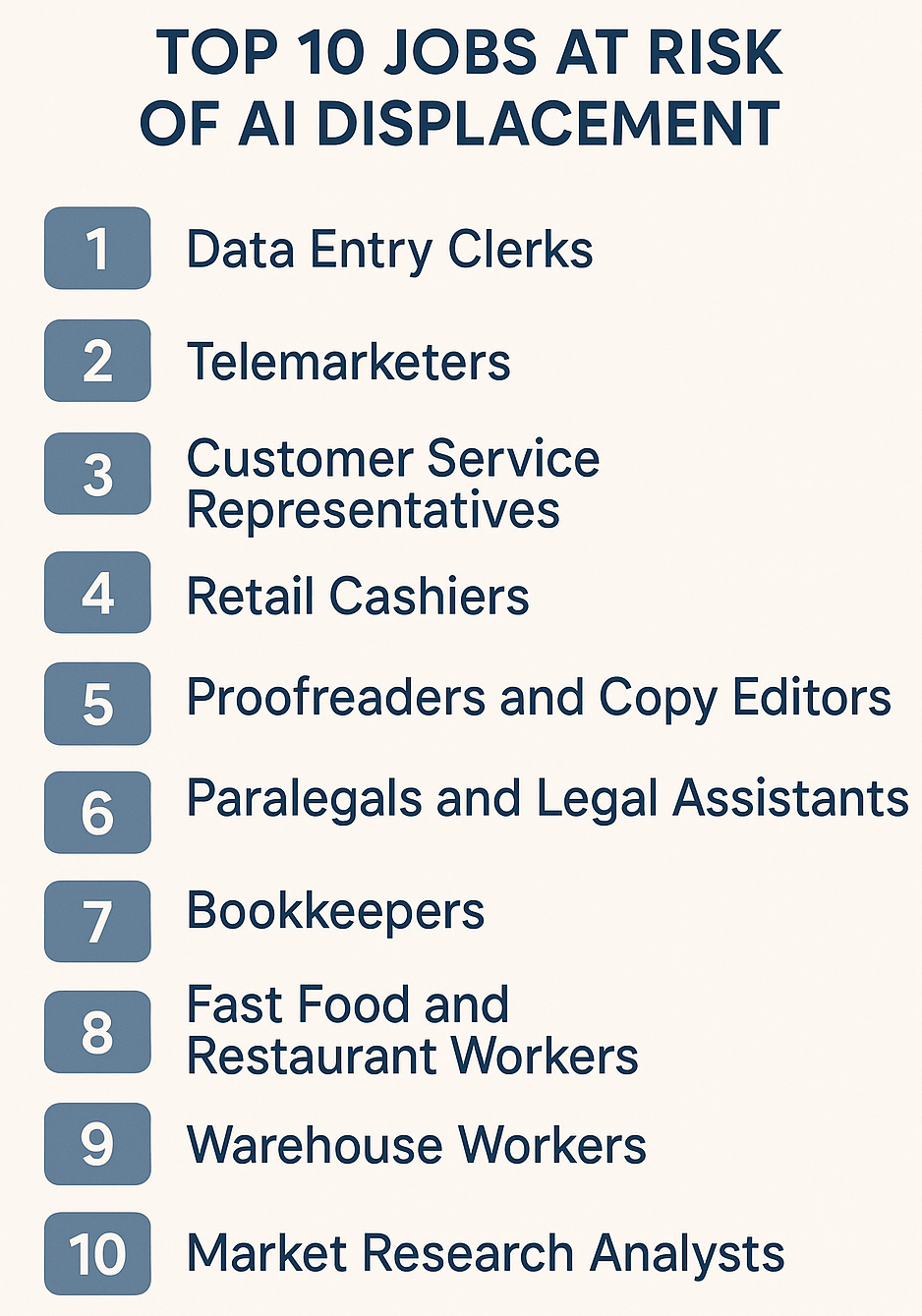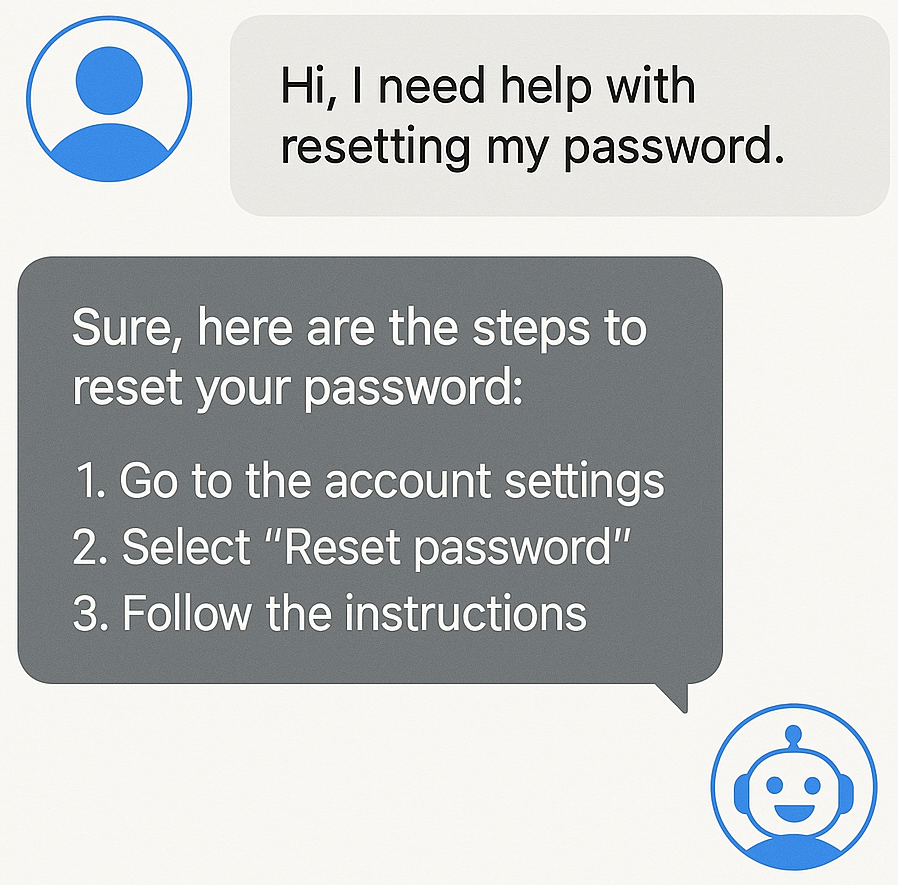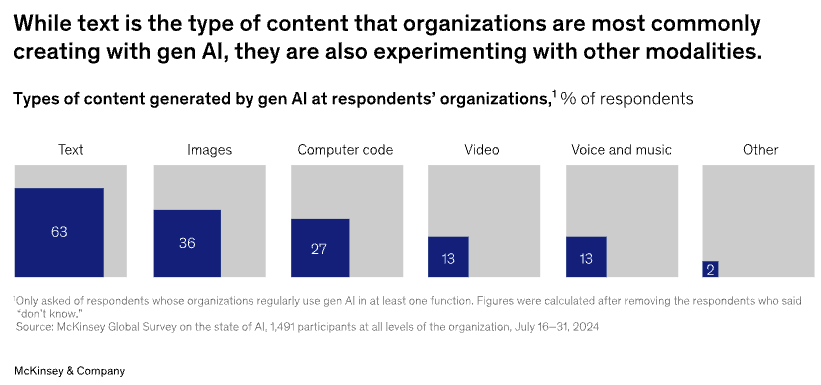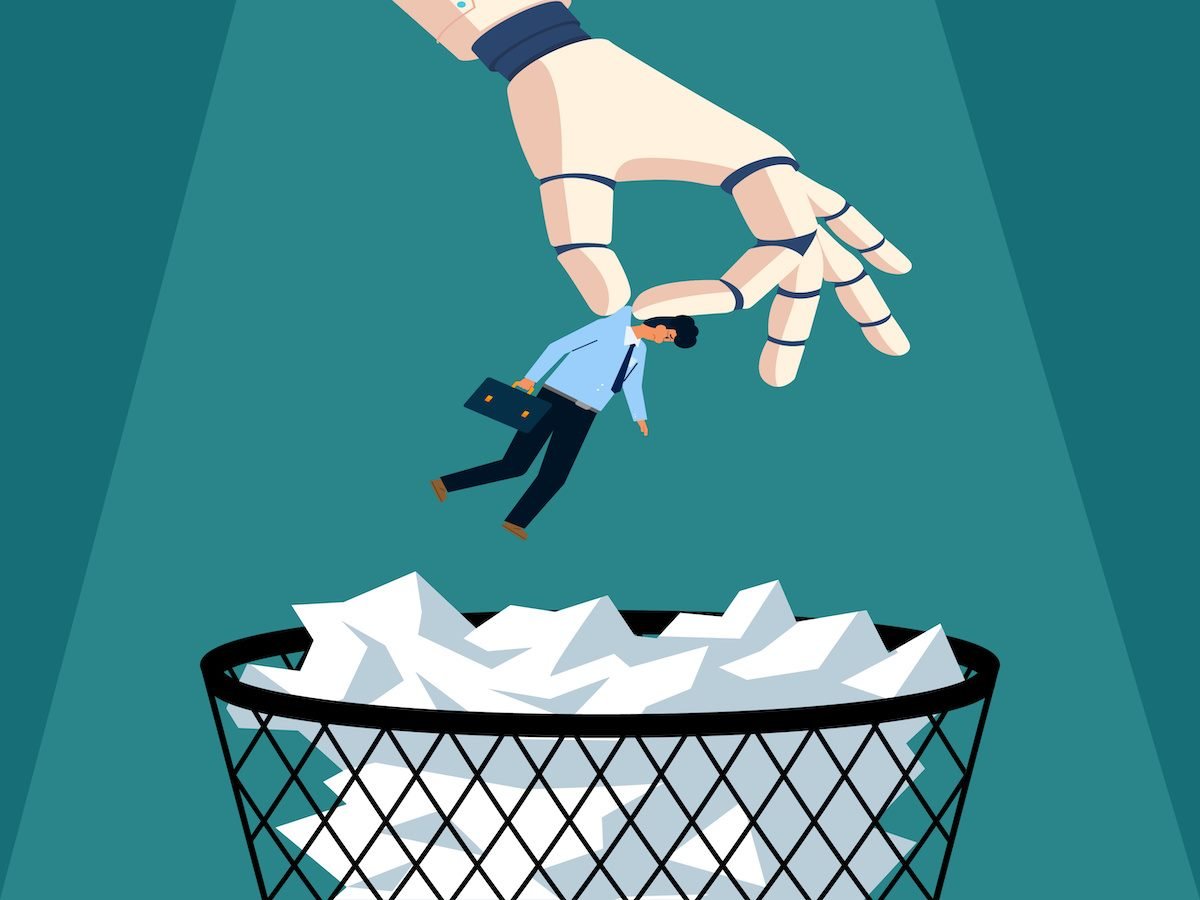Key Takeaways
- 41% of companies globally plan to reduce workforce by 2030 due to AI automation.
- Over 700,000 jobs in London alone face AI disruption across these 10 categories.
- Adaptability and continuous learning are two universally valuable traits in today’s evolving workforce.
Artificial intelligence isn't coming for jobs — it's already here. From chatbots replacing customer service representatives to robots handling warehouse operations, AI automation is reshaping the employment landscape faster than most workers realize. If you're in data entry, telemarketing or basic customer support, your role could be among the millions at risk of displacement within the next few years.
In fact, 41% of companies across the globe expect to reduce their workforce by 2030 due to automation. Recent workforce analysis reveals 10 specific job categories facing the highest automation risk. What jobs will AI replace first?
10 Jobs Most Likely to Be Replaced by AI in 2025

Whether you're currently in one of these at-risk roles or simply want to recession-proof your career, understanding which jobs AI targets first — and how to transition into automation-resistant positions — could be the difference between thriving and merely surviving the next decade of technological change.
1. Data Entry Clerks
The Risk: AI has already begun automating manual and repetitive tasks in data entry through technologies like machine learning (ML) and optical character recognition (OCR). Many organizations now use automated data pipelines, significantly reducing reliance on human input.
While some oversight is still necessary, the volume of traditional data entry jobs is rapidly shrinking. In fact, AI could impact more than 95,000 data entry jobs in London alone.
The Path Forward: The report suggests data entry workers turn their attention to more specialized roles, such as data analysis or data management. Upskilling is also essential, which could include training to use tools like Excel, SQL or Python for data manipulation.
According to career expert Marta Bongilaj, it's wise to start with practical, focused courses, "rather than attempting to master entirely new disciplines all at once."
Related Article: 10 Top Generative AI Certifications
2. Telemarketers
The Risk: Telemarketing, with its scripted dialogues and repetitive patterns, is easily replicated by AI-driven voice tools. Modern platforms can make thousands of calls daily, handling initial outreach and data collection before escalating leads to human representatives when necessary.
While there are still situations where human nuance and instinct are important, AI's estimated to impact more than 227,000 telemarketing positions in London.
The Path Forward: Those looking to transition from telemarketing into a more protected position should recognize the underlying strengths of the role, said Bongilaj. “Individuals in telemarketing typically bring valuable communication skills, resilience and experience with customer interaction."
She suggests pivoting toward careers in customer success, marketing operations or sales roles where relationship-building is key.
3. Customer Service Representatives (Basic Support)
The Risk: Despite some PR blunders along the way, AI-powered chatbots are already handling large volumes of simple customer queries, such as billing questions and requests for password resets. Natural language processing (NLP) models now offer efficient and human-like interactions, reducing the demand for entry-level support staff.

AI in customer experience is set to disrupt more than 58,000 customer service jobs in London, and hundreds of thousands more around the globe.
The Path Forward: Bongilaj recommends upskilling early, as it helps to "transition more smoothly and confidently into new roles." As far as what a new role should look like, she pointed to specialized support areas, like technical troubleshooting, product training or client onboarding — areas where empathy and product expertise are harder to automate.
4. Retail Cashiers
The Risk: Self-checkout systems, mobile payment apps and cashier-less stores like Amazon Go are redefining retail checkout. Human cashiers are increasingly being replaced by automated systems that streamline the entire point-of-sale process. Today, AI has the ability to take care of every part of the transaction, from item detection to payment processing.
In London alone, AI is set to displace up to 26,000 cashiers.
The Path Forward: Workers in these environments bring a valuable understanding of consumer behavior to the table, noted Bongilaj. As such, she recommends exploring opportunities in logistics, supply chain management or technology implementation within retail environments.
Digital literacy and adaptability, she added, are key to remaining competitive in the retail space.
5. Proofreaders and Copy Editors
The Risk: AI writing tools do more than catch spelling errors — they can restructure sentences, improve tone offer stylistic suggestions and much more. In fact, 63% of surveyed companies said they use gen AI to create text outputs, according to one McKinsey report.

While high-level editorial work remains human-led, the more mechanical aspects of editing are becoming fully automated. This widespread use of AI writing tools will have a major impact on the editing world, predicted to reshape the work of more than 22,000 editors in England's capital.
The Path Forward: For proofreaders, Bongilaj suggests building upon precision and linguistic sensitivity. “A proofreader could explore content management systems, SEO or UX writing fundamentals,” she explained, adding that strategic communication roles — particularly in digital content creation — are a natural next step for professionals in this space.
Related Article: 10 Top AI Certifications for Pros Without Technical Backgrounds
6. Paralegals and Legal Assistants
The Risk: AI platforms like ROSS Intelligence and DoNotPay now perform many paralegal functions, including contract review and precedent research. These technologies speed up data-heavy tasks, allowing attorneys to focus on more strategic work.
A partner at a prominent law firm told me “AI is now doing work that used to be done by 1st to 3rd year associates…”
by u/SharpCartographer831 in singularity
Professionals in the field agree that automation is causing major disruption. One Reddit user claimed, "A partner at a prominent law firm told me 'AI is now doing work that used to be done by 1st to 3rd year associates. AI can generate a motion in an hour that might take an associate a week. And the work is better. Someone should tell the folks applying to law school right now.'”
The Path Forward: If you have a solid background in law, said Bongilaj, "consider branching out into project management, litigation support or compliance positions within the growing tech sector." She also recommends considering the expanding legal tech landscape as an avenue for combining legal expertise with emerging tools.
7. Bookkeepers
The Risk: Bookkeeping, once a role built on meticulous manual tracking, is rapidly being automated by tools like QuickBooks and Xero. These platforms can sort expenses, generate invoices, offer tax advice and flag inconsistencies.
In London, AI displacement could impact more than 153,000 bookkeepers.
The Path Forward: Those in traditional bookkeeping roles should start looking toward oversight and advisory roles, positions where human expertise is still required for more complex decision-making.
“In bookkeeping, the use of AI-driven software has shifted the focus from data entry to financial analysis, forecasting and client advisory functions,” Bongilaj explained. She advises professionals to consider roles in financial consulting or analysis and focus on upskilling in areas like budgeting, modeling and strategy.
8. Fast Food and Restaurant Workers (Frontline Roles)
The Risk: If you've been to a fast food restaurant lately, you've likely already seen signs of automation: kiosks that take orders and payments, robots on wheels that deliver food, self-cleaning machines and even robotic fry cooks. In fact, McDonald's debuted a fully robotic restaurant back in 2003, which required zero human contact to order and get food.
The Path Forward: While AI can automate a lot of restaurant functions, cutting company labor costs and delivering faster, more consistent service, there's still a need for people in restaurant roles that require creativity and complex decision-making.
The workforce analysis recommends that those in the restaurant business consider more managerial or creative roles within the industry — positions in culinary innovation, restaurant management or supply chain management. You might also consider food service tech roles, which involves developing, managing and working with the AI technology used in restaurants.
9. Warehouse Workers
The Risk: Automated warehouses — like those at Amazon and Alibaba — are deploying robotics to manage tasks such as picking, packing and inventory tracking. These machines are more efficient, work longer hours and require less human oversight.
In London alone, AI has the potential to put more than 20,000 warehouse jobs at risk of automation.
The Path Forward: Automation doesn't eliminate the need for workers in this field, said Bongilaj. It changes the nature of the work. "In warehousing, the adoption of robotics has reduced the amount of physical labor but increased the demand for workers who can operate, troubleshoot and coordinate with automated systems,” she explained.
A valuable next step for warehouse workers is seeking out training in warehouse technology, logistics software and inventory control, which could aid a transition into roles like warehouse supervisor, supply chain analyst or robotics technician.
10. Market Research Analysts (Entry-Level)
The Risk: Junior analysts frequently spend time compiling data, spotting patterns and building reports — all of which can be done by AI platforms faster and more accurately using visualization tools like Tableau or Looker Studio. As these platforms improve, they are handling more of the data analytics process end-to-end.
As far as job impact goes, more than 63,000 junior analysts in London alone could face AI's impact.
The Path Forward: The market research analyst role is shifting away from data crunching and moving toward higher-level skills like interpreting data, crafting compelling narratives around data and shaping business strategy.
Bongilaj suggests combining existing analytical skills with strategic communication. “Learning how to turn raw data into actionable insights will set you apart in a market that values both tech fluency and human judgment."
Related Article: AI Literacy Is the New Must-Have Workplace Skill
How to Prepare for AI Job Displacement
“When facing the potential displacement of a current role due to automation, the most effective approach is to view retraining not as a setback but as an opportunity for advancement,” said Bongilaj. The first step, no matter your current job, is to identify adjacent skills that can transfer into emerging or similar roles.
Adaptability and continuous learning are perhaps the two most universally valuable traits in today’s evolving workforce, Bongilaj added, pointing toward platforms like Coursera, LinkedIn Learning and Udemy for accessible and well-structured AI-focused learning paths. “Choosing programs that provide certificates or portfolio-building projects can add credibility during the job transition process.”
Ultimately, AI disruption, especially in fields that are easy to automate, is unavoidable. Workers in those industries should begin to adapt and reskill now to remain competitive and valuable in this new and evolving landscape.
